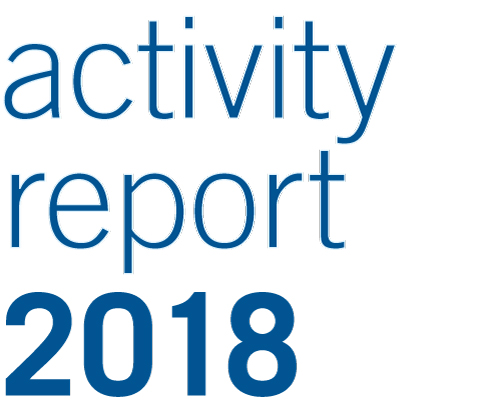Developing the circular economy
IFSTTAR contributes to the development of a circular construction economy by offering recycled materials, in particular obtained from deconstruction, for the construction of the Rennes metro (NEOVAL project) and road structures (see the RILEM recommendations).
State of the art report on cracking and debonding in pavements - RILEM report
After the MCD2016 conference and the recommendations published in Materials and Structures, RILEM Technical Committee 241 fulfilled its goals by publishing, with Springer in June 218, a State of the Art report of the RILEM TC 241-MCD (2018, doi: 10.1007/978-3-319-76849-6). TC 241-MCD, chaired by Professor Bill Buttlar (University of Missouri, USA) and assisted by Armelle Chabot, (IFSTTAR / MAST), has collected knowledge of a more fundamental nature than in the past on the mechanisms of cracking and debonding in bituminous and composite pavements. Within it, the three interrelated technical groups (TG) on cracking (TG1 by Eshan Dave, University of New Hampshire, USA), debonding (TG2 by Professor Christophe Petit, University of Limoges, France) and measurements (TG3 by Gabriele Tebaldi, University of Parma, Italy) gathered contributions from more than 15 countries, which they compiled and discussed before conducting a final revision in 2017. The book also drew on some contributions from members of the former TC 210-CAP on Cracking in Asphalt Pavements, between 2004 and 2011. In conjunction with the publications of MCD2016 and the TG2 recommendation on interface debonding tests (Materials and Structures, vol. 51(4), 2018), this volume contains field observations, laboratory test results, and a state-of-the-art report on modelling and existing advanced measurement systems that can best describe the observed phenomena.
NEOVAL - Expert appraisal of the rolling structure for Line B of the Rennes NEOVAL
In the context of the construction of the new Rennes metro line, IFSTTAR has been involved in assessing the longitudinal evenness of the continuously reinforced concrete rolling structure, by successfully modifying conventional highway measurement devices.
Siemens wished to evaluate the longitudinal evenness of the continuously reinforced concrete rolling structures of the future metro. This criterion reflects the level of comfort passengers travelling in rubber-tyred trainsets experience. IFSTTAR has shown on a covered section of about 1.2 km long that the measurement tools and methods traditionally used for highways (MLPL, Unibox) can be applied to these new structures, with a few modifications, such as the distance between sensors to take into account the greater axle width, or a lower measurement speed in some places. The measurements led to an accurate assessment of the levels of evenness, especially in the short and medium wavelengths, which correlated with visual observations of the quality of the structure. These results should also feed into the industry's ongoing deliberations on the specifications for evenness on such structures for exclusive right-of-way public transport.
In addition, some earlier projects have generated National Projects. The certification of two National Projects led by IFSTTAR with IREX is noteworthy:
- FastCarb: CO2 sequestration by recarbonation of recycled concrete aggregate. An international workshop (CO2STO) will take place in June 2019 under the patronage of the AFB, the FB, the AUGC and RILEM.
- Terre Crue: this National Project, certified at the end of 2018, aims to promote local construction techniques for raw earth buildings by using local materials, often excavated, and by helping to develop a high performance methodology that exploits the environmental qualities.


